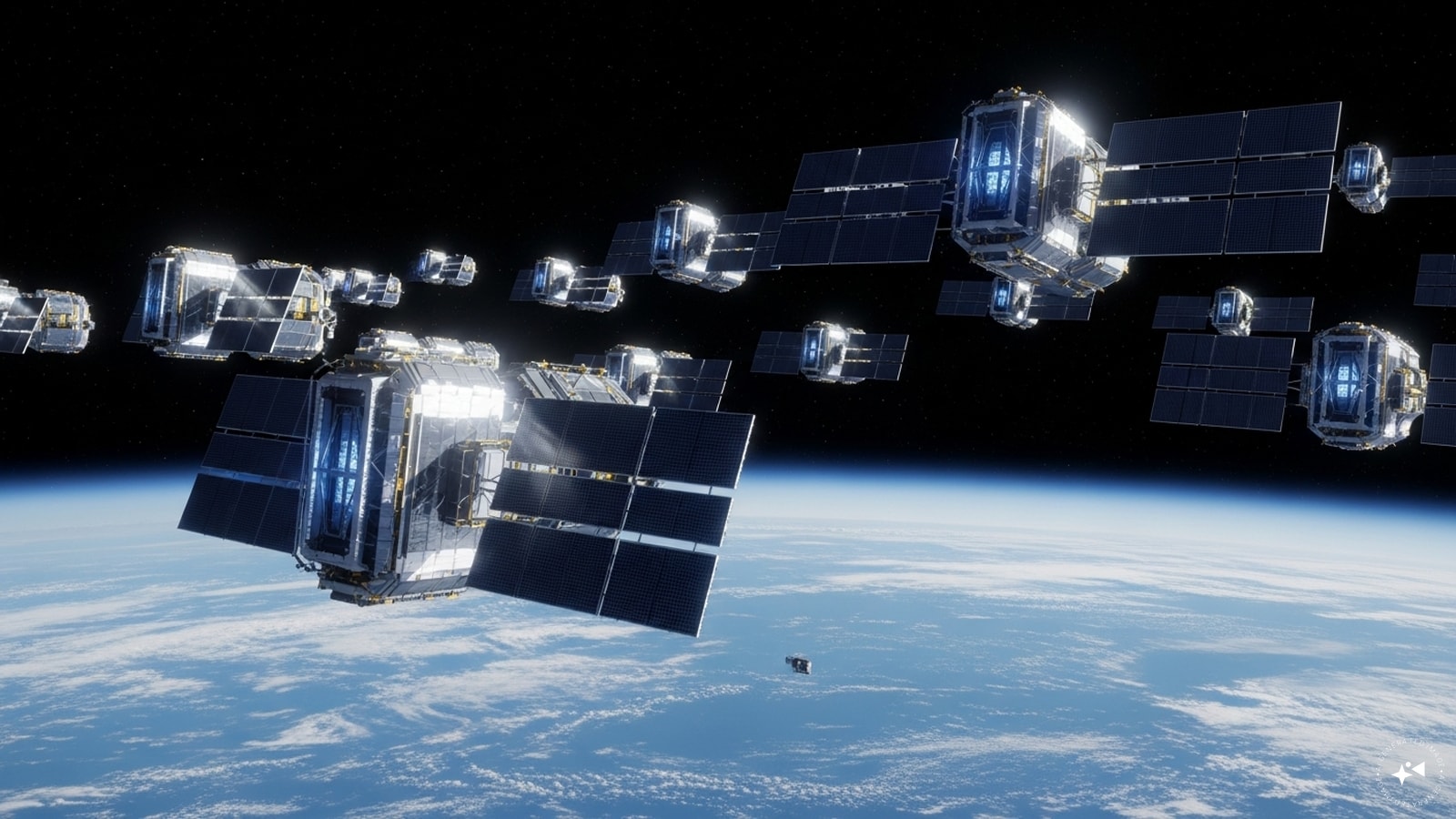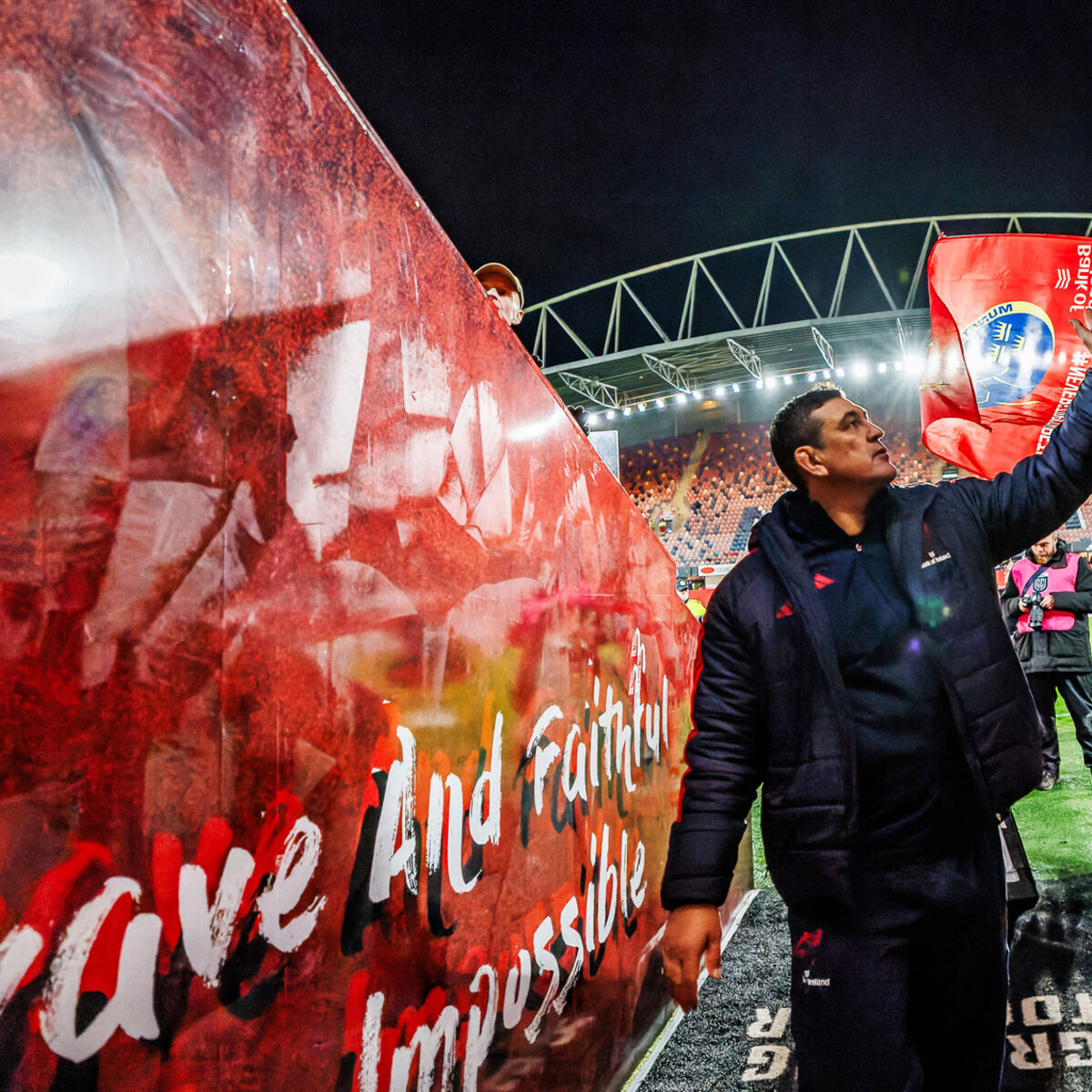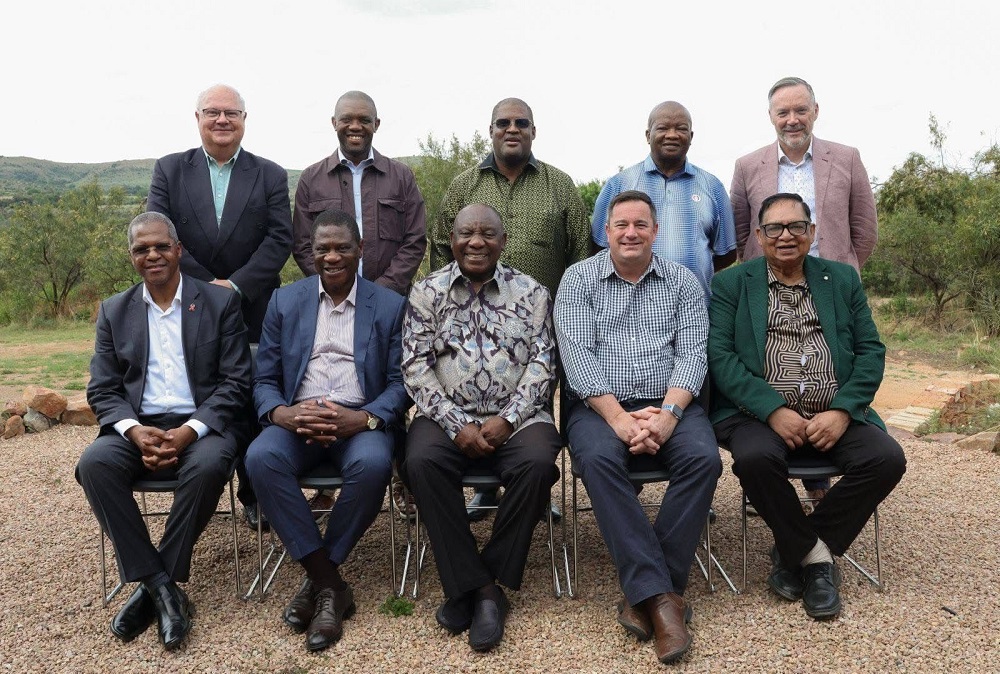Copyright news18

Google has unveiled Project Suncatcher, an ambitious research initiative aimed at developing scalable, space-based infrastructure for Artificial Intelligence (AI) computation. Dubbed a “moonshot” by CEO Sundar Pichai, the project seeks to establish orbiting data centres by deploying constellations of solar-powered satellites equipped with Google’s specialised AI chips, the Tensor Processing Units (TPUs). This venture is driven by the urgent need to address the exponential growth in energy consumption and the environmental burden posed by terrestrial AI data centres. The core premise of Project Suncatcher is energy efficiency and abundance. By operating in a specific low-Earth orbit (LEO), typically a dawn-dusk sun-synchronous orbit, the satellites would be exposed to nearly continuous, uninterrupted sunlight. Google research suggests that in this environment, a solar panel can be up to eight times more productive than an equivalent panel on Earth, significantly reducing the reliance on massive battery banks and minimising the use of fossil fuels. This approach aligns with the company’s long-term goal of making AI development more sustainable. How the Space-Based System Works The system envisions a constellation of compact satellites, each carrying the powerful TPU chips designed specifically for machine learning and deep learning workloads. For these distributed computing units to function as a unified “data centre”, they require high-speed communication: Optical Links: The satellites will be connected using free-space optical communication beams (essentially high-speed lasers), which will transmit data at rates of tens of terabits per second. This is essential for distributing massive ML tasks across the network, mimicking the low-latency connectivity of fibre optics in terrestrial data centres. Close Formation Flying: To achieve the required high bandwidth, the satellites must maintain a very tight formation—within a kilometre or less of each other—a significant technical and engineering challenge in the unpredictable orbital environment. Challenges and Next Steps While the concept promises a nearly limitless, clean energy source for AI, several monumental engineering hurdles remain: Hardware Endurance: Electronic components in LEO face intense cosmic and solar radiation, which can degrade performance. Google has conducted tests on its latest Trillium-generation TPUs, finding they can withstand radiation levels comparable to a multi-year mission without catastrophic failure, but long-term reliability is still being studied. Thermal Management: The chips must survive extreme temperature swings in a vacuum without the benefit of traditional terrestrial cooling systems. Orbital Dynamics: Maintaining the tight, kilometre-scale satellite formations necessary for high-speed data links requires advanced, precise manoeuvring capabilities and robust collision avoidance systems. As the first crucial step, Google has announced a partnership with Planet, an Earth observation company, to launch two prototype satellites by early 2027. This test mission will evaluate the hardware’s performance, power generation efficiency, and data transfer capabilities in actual space conditions, laying the groundwork for what could transform the future of global AI infrastructure by the mid-2030s.



